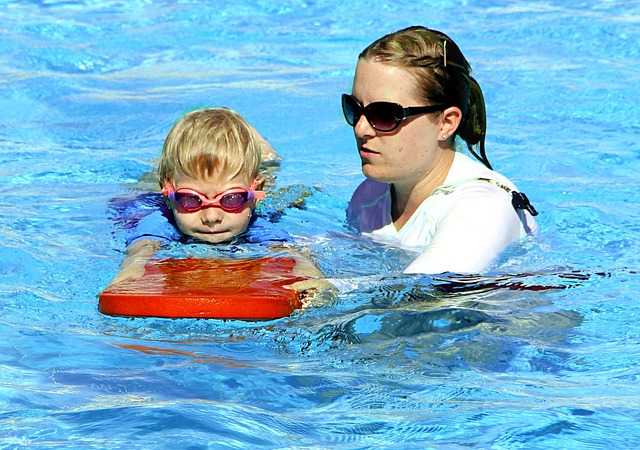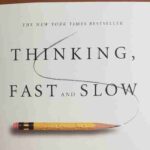One of my former SCORE colleagues, Tuck Aikin, wrote the following article about the value of preparation, practice, and knowledge before starting a new business several decades ago. Some of the data contained in the original article have become stale with time, but the message remains as true today as it was when Tuck penned them. To ensure the message continues to resonate with readers today, I took the liberty to update some of his original data but kept the intended message intact.
On our return flight over “the big pond,” as the English would say, I mused about how terrible it would be for our plane to have to ditch in the ocean (terrorists?) – that vast expanse of freezing water, waves and swells trying to pull you under, sudden squalls and winds stirring up the chop, and who knows what creatures lie under the surface? Even though just about everyone knows how to swim, I wondered how long we could stay afloat until rescue.
These dismal thoughts then led to my trying to recall just how I learned to swim. It was a long time ago of course, but I remember a group class and lawn sessions practicing various strokes we’d been taught. Then it was into the shallow end of the pool where we were timed to see how long we could tread water without touching bottom. After we’d proved some minimal level of proficiency at that, we progressed into the deep end, then learned to dive safely. Later some trips to the beach or the lake at summer camp brought more experience dealing with waves, tide, sand, and salt, and competitions against other kids or the clock. A pretty sensible way to learn to swim it seems to me – much better than just jumping in with life in the balance! Too bad the hundreds of thousands of new business founders don’t take the same approach when they cast everything that’s dear to them into the marketplace maelstrom each year.
Don’t underestimate it – launching and running a business in the marketplace ocean is a daunting task with a lot at stake. Unfortunately, the great majority of would-be entrepreneurs use the same logic in starting their new business as is often used by critics who “know” how to run a public school because they were students once, or how to administer a church because they’ve prayed there, or how to wage a war because they went through basic training as a soldier.
Sometime in our lives, we’ve all worked for somebody else, we’ve bought products or services from free enterprise providers, and we’ve found plenty of room for improvement, and some of us decide to start a business to fill these perceived voids. Yet what makes us think that we can create and run a successful business by “just do(ing) it”? It makes no more sense for us to jump into the marketplace without preparation, practice, or knowledge than it does to learn to swim by throwing ourselves into the middle of the ocean without preparation, practice, or knowledge. Yet we do it anyhow. And the sad thing is that there’s a cornucopia, a glut even, of very affordable or free information, classes, training, books, and seminars, available to provide the essential preparation that’s urgently needed to maximize the chances of business ownership success.
At a minimum, the new entrepreneur should have a good working knowledge of the following just to stay afloat in the critical first year of business:
- Market research, do-it-yourself, or other.
- Marketing the product or service – sell the benefit, not the features.
- Accounting as a management tool.
- The importance of cash; cash flow management.
- Basic principles of contract law; legal entity considerations.
- How to determine startup costs and how to fund them.
Personal attributes needed are:
- Self-discipline to do what needs to be done based on understanding and logic.
- A willingness to submit to the demands of the marketplace.
- An intense desire/determination to succeed!
The present odds of failure for a small business in the first five years is about 50%. So, wouldn’t it be wise to get your feet wet first, then decide whether or not you want to swim with the sharks?
Related Advice Navigator Section: Advice You Need To Know Before You Start A New Small Business
Tuck Aikin was a former SCORE colleague of mine for many years until his retirement. Tuck is a prolific writer and wrote small business-themed articles for the Colorado Springs Gazette for many years. As a co-mentor, Tuck was my inspiration for me starting this blog. The preceding post is reproduced with permission from the author.












